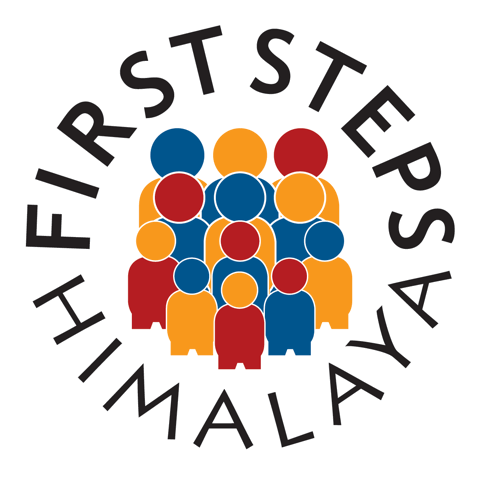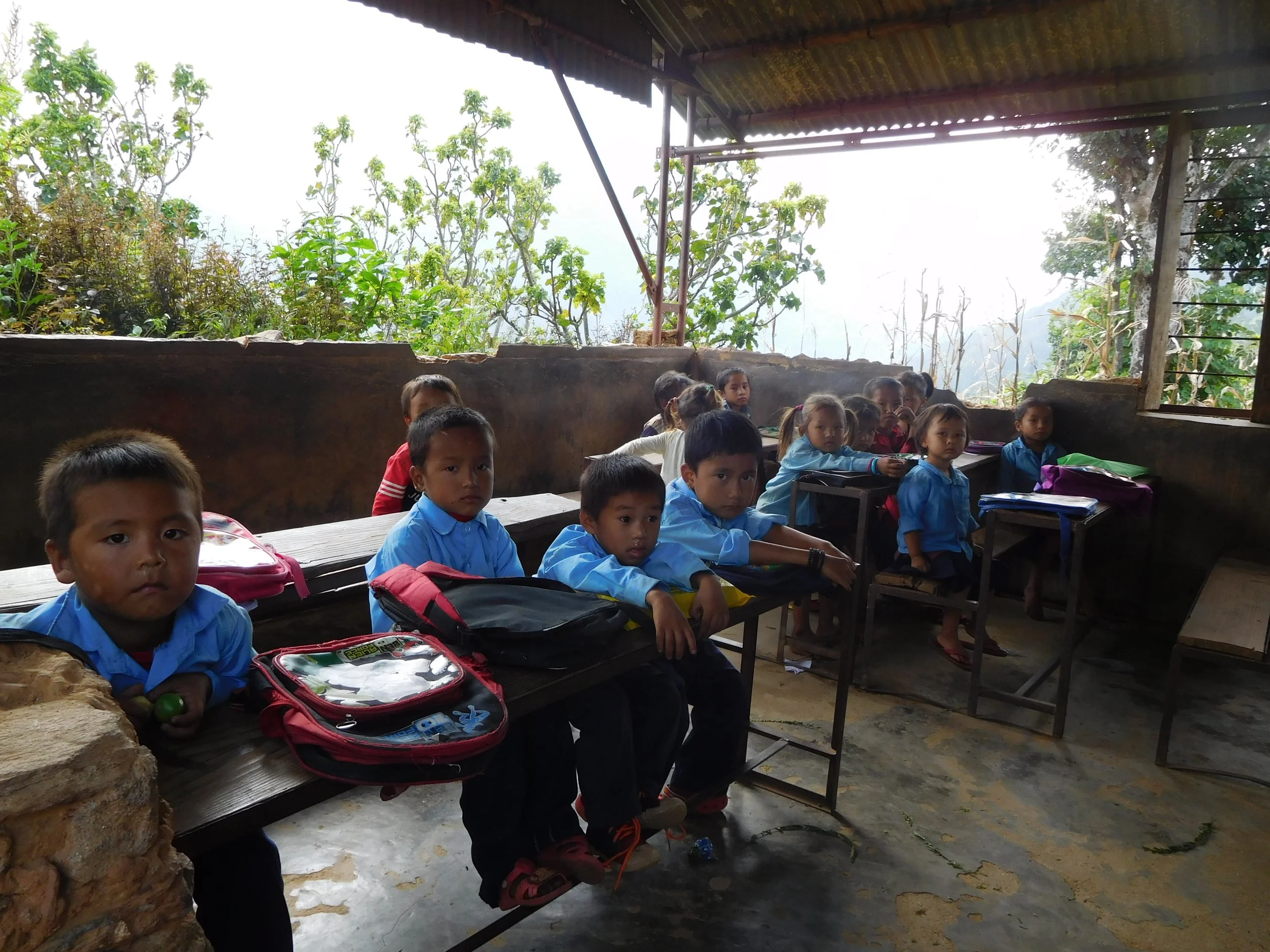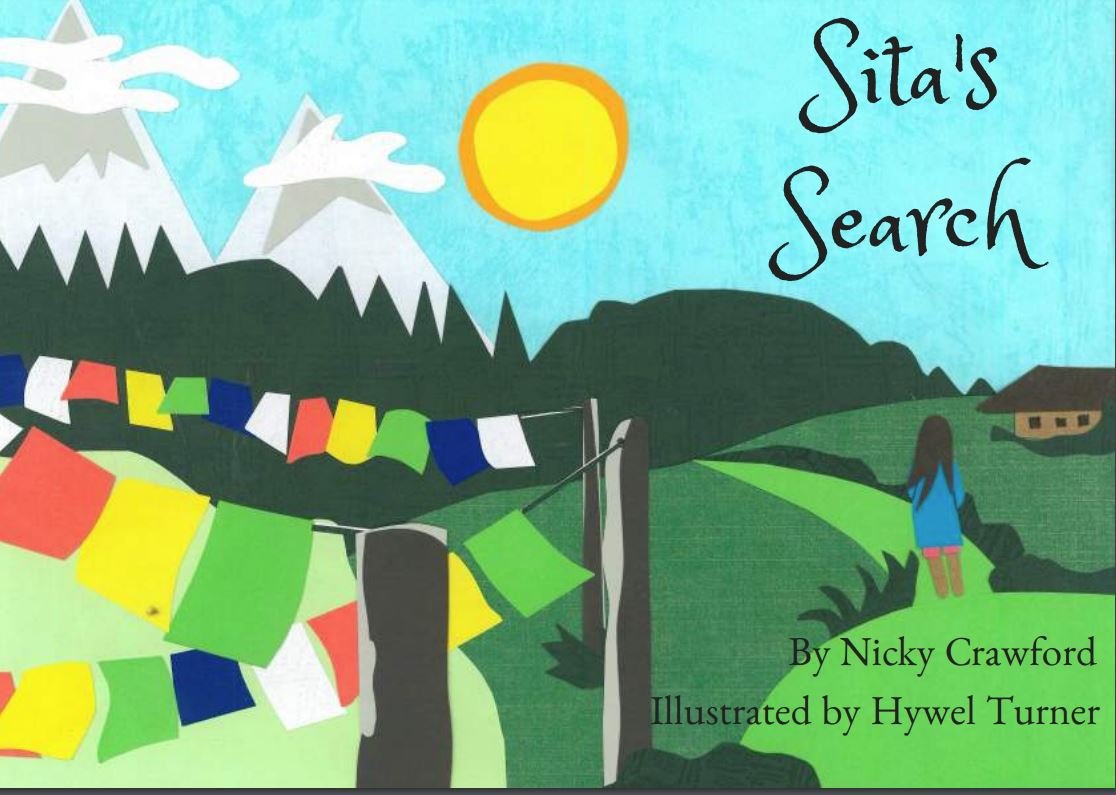When working in Nepal, to be effective and impactful to any extent requires deep cultural understanding. For this reason, designing education programmes around Nepali culture is the key to our project's success. For children and teachers, seeing Nepali traditions and culture being incorporated into classrooms through resources, stories and songs helps them feel more connected to their education and encourages them to attend and appreciate school.
Dance is important for the early years classroom
Classrooms in rural Nepal should feel cohesive with the local environment, villages and culture. For children, this means that school is connected to their family, traditions and houses. One of the most important ways that we do this is through games, songs and dances. Singing and dancing are extremely important in Nepali culture, and given that they are also some of the most effective teaching methods, it makes perfect sense to include traditional rhymes and dances into classrooms.
Our founding director, Durga Aran, even used the tune of a classic traditional song “Resham Firiri” to create a song about hand washing and brushing teeth, which is now being taught in training sessions. It would be wonderful to think that children are teaching this version to their parents and wider communities.
We have created other songs that teach children their numbers and colours in both Nepali and English.
Below left: Our colours song Below right: Children singing our counting song
Finding and adapting resources to suit local environments is one of the fundamental ways that we incorporate local culture into classrooms. Storybooks about children that live in suburbs and eat pizza are very much inaccessible to young Nepali children, as they live vastly different lives. Therefore, resources that are relevant to local culture will always be the most valuable.
There is a lack of culturally appropriate English Language story books for children in Nepal. First Steps Himalaya has published the first of a series of stories in simple English suited to young Nepali children living in rural villages.
Culturally appropriate Nepali story books are so important to young children.
Use of recycled bottles as shakers and for science in the classroom.
Whilst there are many wonderful Nepali teaching resources and books, it is also important to utilise aspects of the local environment in learning. Using painted stones and recycled bottles to teach shapes, numbers and letters is a simple but effective way of using these natural resources. The best thing is that teachers can create these themselves from readily available materials.
Play dough Nepali letters
Corn cobs found in most Nepali households are painted, strung together and turned into letters.
Nepali letters painted on stones
Coloured stones are perfect for doing numeracy activities in Nepali and English.
The importance of culture in classrooms cannot be understated. Children should feel proud of their culture, and seeing it being implemented into almost every aspect of their school is an important part of developing appreciation and value for education.
For more information about First Steps Himalaya visit www.firststepshimalaya.org































